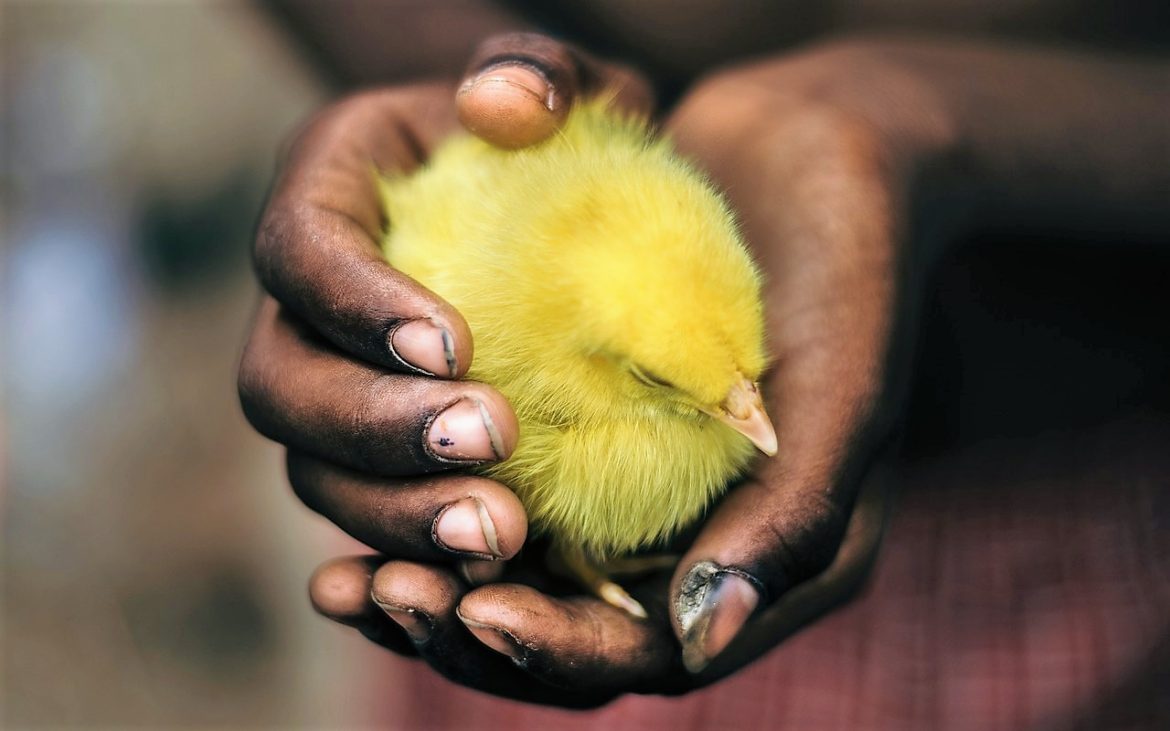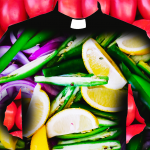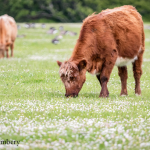Dr Simon Kittle, researcher in philosophy at the University of Innsbruck, explores relational theology; the idea that love and relationships are central to understanding God, His creatures and how we are to relate to others.

Dr Simon Kittle
Relational theology takes seriously the idea that God is love, and that because love requires relationship, relationship is central to who God is and how God operates. Dr Thomas Jay Oord, theologian and lecturer at Northwest Nazarene University in Nampa, Idaho, says that two ideas can be seen as essential to any relational theology:
- God affects creatures in various ways. Instead of being aloof and detached, God is active and involved in relationship with others. God relates to us, and that makes an essential difference.
- Creatures affect God in various ways. While God’s nature is unchanging, creatures influence the loving and living Creator of the universe. We relate to God, and creation makes a difference to God (Oord 2012: 2).
Relational theology stands opposed to the Aristotelian idea – embraced by Aquinas and some Reformed Protestant writers – of an unmoved mover: a static God who is unaffected by, and not strictly speaking related to, any creature or creaturely occurrence.
By contrast, relational theology, in taking love to be one of God’s primary characteristics, envisages God as being dynamic, loving and responsive. Dr Kevin Lowery, lecturer of ethics, philosophy and theology at Olivet Nazarene University, applies this relational understanding of God to ethics:
No matter how we describe and systematise ethics …, it always aims at relationship. … Theologically speaking, ethics is relational, because God is relational. Ethics recognises the connection between our relationship with God and our relationship with one another. … Love for God and love for neighbour go hand in hand”
(Kevin Lowery 2012: 90–1).
But what is love? What is it to love? Oord, who has written several books on the subject, suggests the following:
To love is to act intentionally, in sympathetic/empathetic response to God and others, to promote overall well-being”
(Oord 2010: 17).
 Let’s unpack this a little. Oord uses the term ‘well-being’ to capture a number of biblical ideas: benefiting, helping, or doing good towards someone; it is meant to capture Jesus’s idea of “abundant life” (Oord 2010: 17). Oord includes the term ‘overall’ to remind us that, while it is often right to direct our love exclusively towards particular people (e.g. close family members), this should not “undercut the good of the whole”. We can’t do good to some if we are “unnecessarily unfair toward the many or the few” (Oord 2010: 19). It is in this way that justice is seen to be an aspect of love.
Let’s unpack this a little. Oord uses the term ‘well-being’ to capture a number of biblical ideas: benefiting, helping, or doing good towards someone; it is meant to capture Jesus’s idea of “abundant life” (Oord 2010: 17). Oord includes the term ‘overall’ to remind us that, while it is often right to direct our love exclusively towards particular people (e.g. close family members), this should not “undercut the good of the whole”. We can’t do good to some if we are “unnecessarily unfair toward the many or the few” (Oord 2010: 19). It is in this way that justice is seen to be an aspect of love.
Oord’s definition applies most directly to the love that humans display toward God and other humans. Nevertheless, writers in this tradition have shown that the above understanding of love can provide a basis for the care of creation. Dr Sharon Harvey, author and lecturer on environmental science at the University of Idaho, writes the following:
Relational theology says that God relates to the world as one intimately connected with all creation. God is involved with the world, experiencing the world in ways like we experience it. Because nature affects God, it really matters to God’s experience”
(Harvey 2012: 114).
This provides a general basis for the care of all creation. But it is, if you like, an indirect view of the value of creation: creation is valuable, and to be valued, because God experiences how creation is treated. This basis for creation care already includes, of course, a reason to be concerned about how non-human animals are treated, for such animals are an important part of God’s creation.
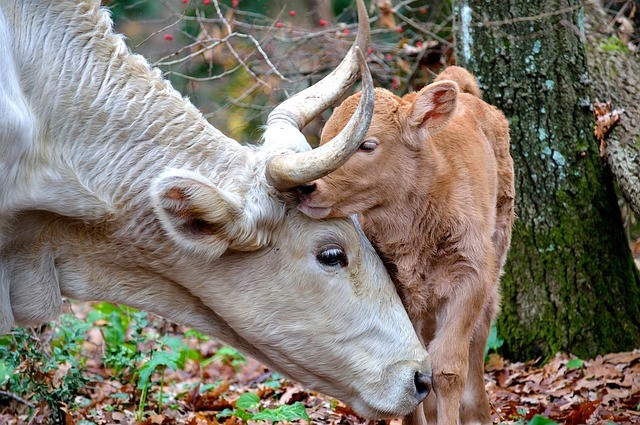 Happily, relational theology has much more to offer when it comes to the care of animals. Here’s why. The central insight of relational theology is that relationships are valuable because they allow love to be expressed. But it is not just any kind of relationship that facilitates this. The relationships that relational theology takes to be central are what we often call personal relationships: relationships between two conscious people, who recognise each other’s needs, experience each other, respond to each other, communicate, and so on. This kind of relationship is qualitatively different to the way in which I might relate to the night sky, or the way in which an insurance claim relates to an accident.
Happily, relational theology has much more to offer when it comes to the care of animals. Here’s why. The central insight of relational theology is that relationships are valuable because they allow love to be expressed. But it is not just any kind of relationship that facilitates this. The relationships that relational theology takes to be central are what we often call personal relationships: relationships between two conscious people, who recognise each other’s needs, experience each other, respond to each other, communicate, and so on. This kind of relationship is qualitatively different to the way in which I might relate to the night sky, or the way in which an insurance claim relates to an accident.
Now, it is a hotly debated topic in science, philosophy and other fields, whether any non-human animals should be counted as people. The good news is we don’t need to settle that question in order to apply the insights of relational theology to the care of animals. It’s clear that many non-human animals are sentient, conscious creatures who feel things, desire things, and have rich mental and emotional lives. As experiencing subjects, non-human animals enter into relationships with each other and humans. These relationships are clearly much more like the personal relationships humans have with one another than they are to the relationship an insurance claim bears to an accident.
We could call relationships between two sentient, conscious individuals, experiential relationships. The personal relationships that we humans value so highly could then be seen as a type of experiential relationship.
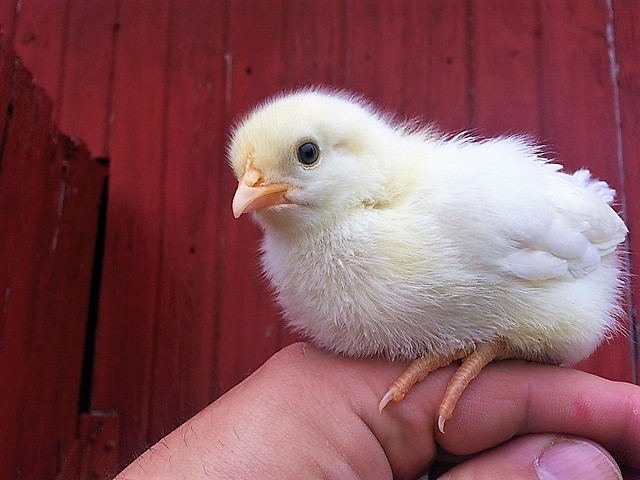 Why is this important? Because the considerations that lead relational theologians to focus on personal relationships also apply to the wider category of experiential relationships. Anyone who has had, say, a pet dog, will be able to attest to the depth and quality of the relationship that we humans can have with non-human animals. Such animals can play, seek companionship, come to another’s aid, and so on. Animals, in short, have a well-being – and it can either be frustrated or promoted. Relational theologians, then, have an excellent reason to understand ‘the other’, not just as other humans, but as other sentient, experiencing creatures.
Why is this important? Because the considerations that lead relational theologians to focus on personal relationships also apply to the wider category of experiential relationships. Anyone who has had, say, a pet dog, will be able to attest to the depth and quality of the relationship that we humans can have with non-human animals. Such animals can play, seek companionship, come to another’s aid, and so on. Animals, in short, have a well-being – and it can either be frustrated or promoted. Relational theologians, then, have an excellent reason to understand ‘the other’, not just as other humans, but as other sentient, experiencing creatures.
Making this move leads naturally, I think, to embracing a plant-based diet. That’s because in our current context, the vast majority of non-human animals consumed by humans are subject to horrific conditions in industrialised farming systems. Here is one example: British egg production requires around 40 million hens each year. The hens are bred in hatcheries which, having no use for the male chicks, “dispose of them” soon after hatching. Healthy, living creatures “disposed of” – killed – as if they were rubbish: 40 million per year in the UK alone. It is impossible to think that such a system promotes the flourishing or the well-being of these chicks. It exists for one reason only: to produce eggs at an extremely low price-point. The conclusion is clear: we cannot consume such eggs while also loving the chickens involved in their production; more generally, we cannot consume produce from industrialised farms while also loving the animals who are farmed to make it.
References
Harvey, S.R. (2012) ‘God’s Relation to Nature’, in B. Montgomery, T.J. Oord, K.S. Winslow et al. (eds.) Relational theology. A contemporary introduction.
Kevin Lowery (2012) ‘Ethics as relational’, in B. Montgomery, T.J. Oord, K.S. Winslow et al. (eds.) Relational theology. A contemporary introduction.
Oord, T.J. (2010) The nature of love: A theology . St. Louis, Mo.: Chalice Press.
Oord, T.J. (2012) ‘Introduction’, in B. Montgomery, T.J. Oord, K.S. Winslow et al. (eds.) Relational theology. A contemporary introduction.


